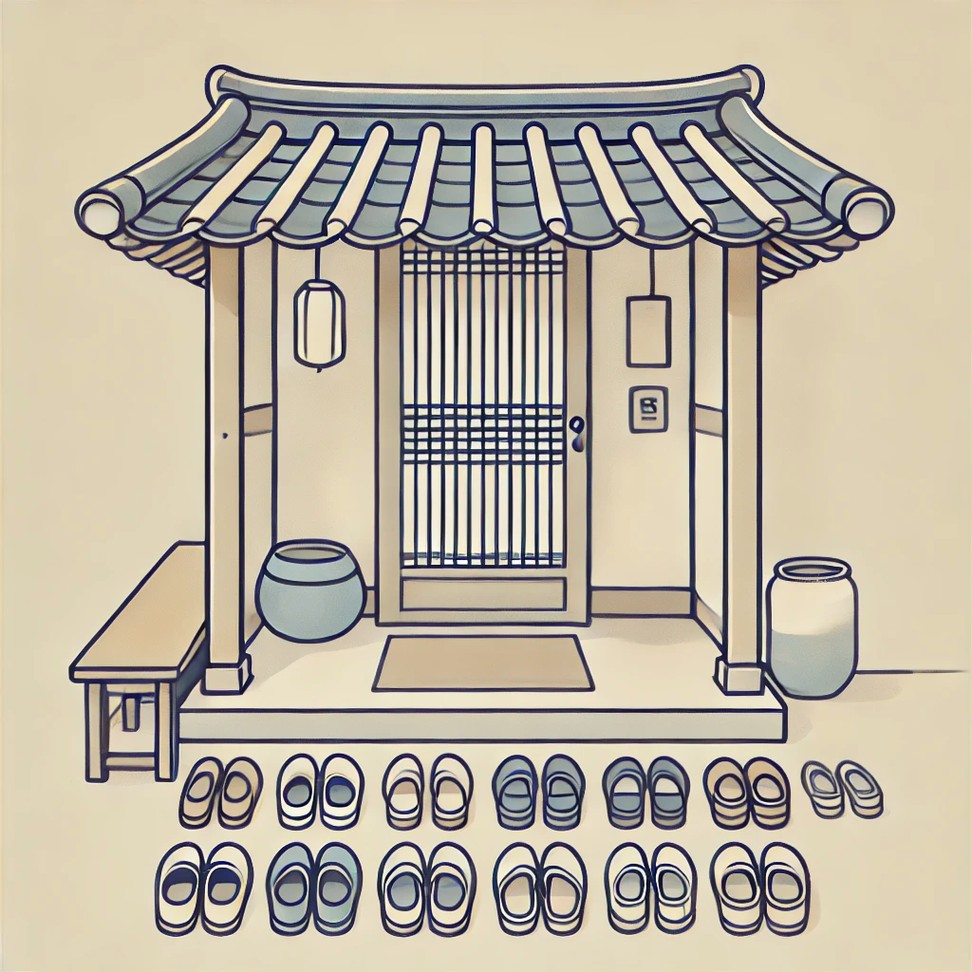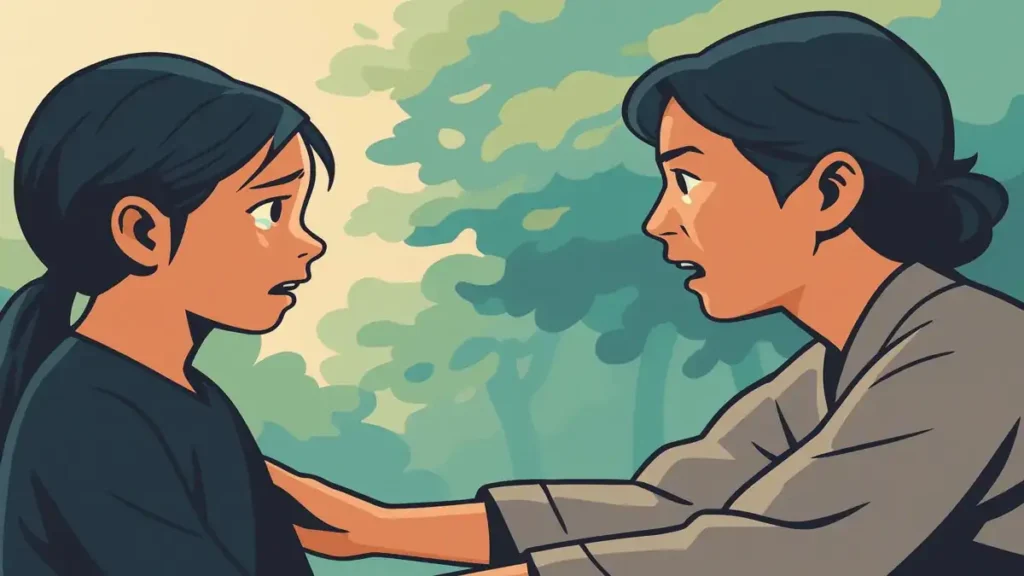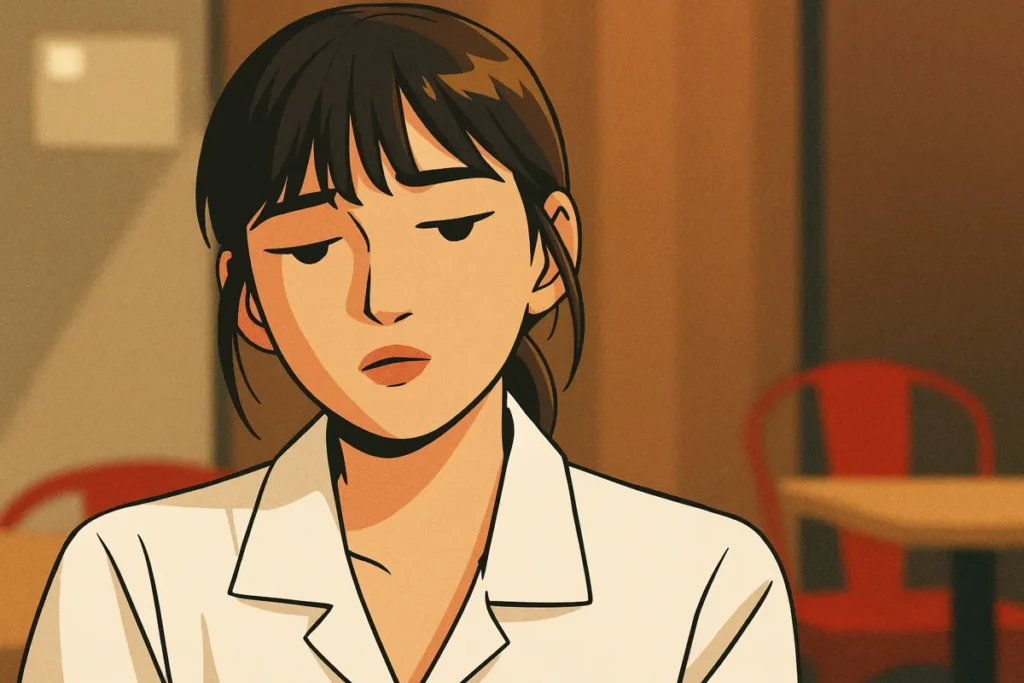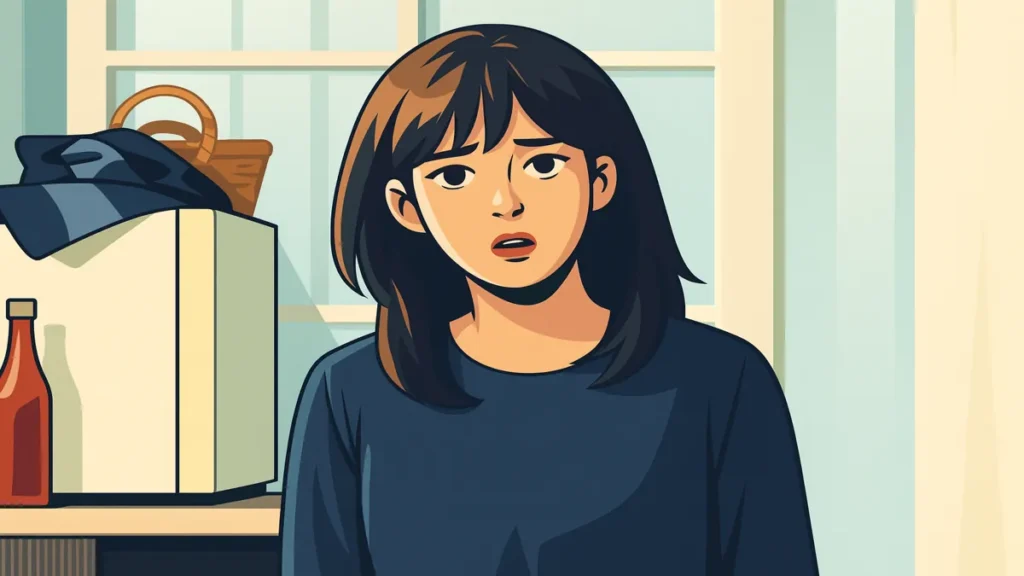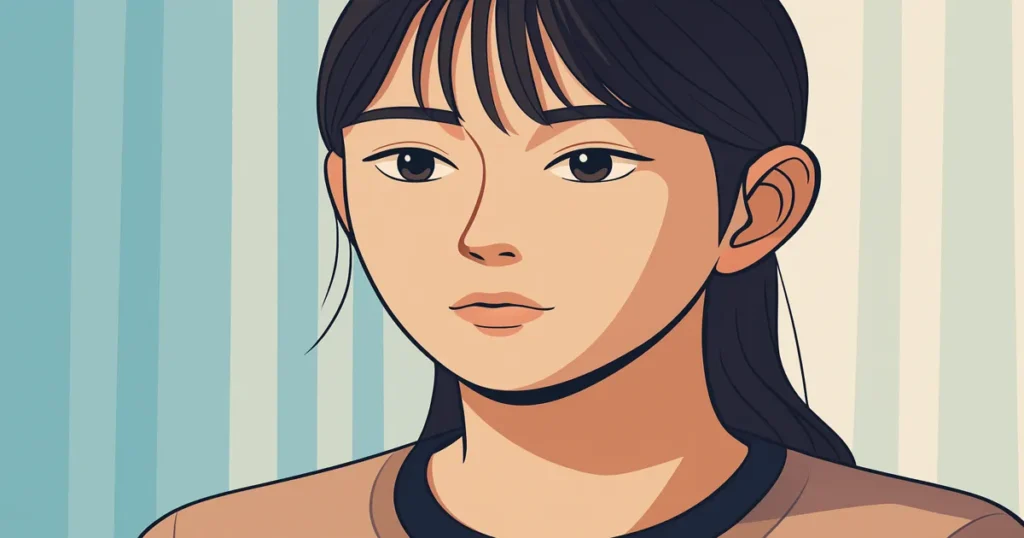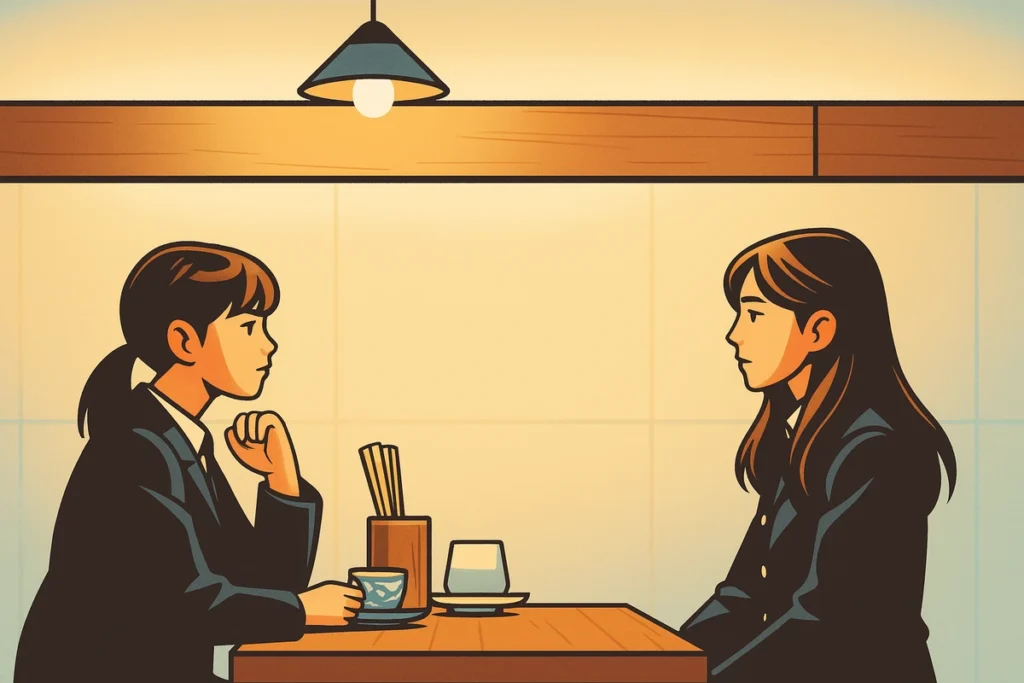Korean Etiquette: 10 Key Customs Every Visitor Should Know
Whether you’re greeting elders, riding the subway, or sharing a meal, Korean etiquette is built on respect, age hierarchy, and social harmony.
This post breaks down 10 must-know cultural customs for visitors—from removing shoes to using two hands when drinking.
Mastering these small gestures can make a big difference in how you’re received in Korea.
Korean Etiquette: 10 Key Customs Every Visitor Should Know Read More »
